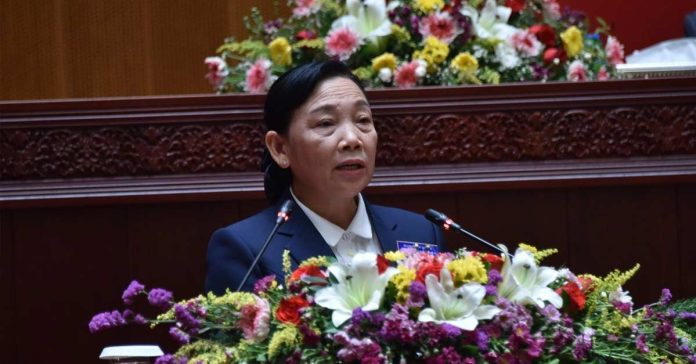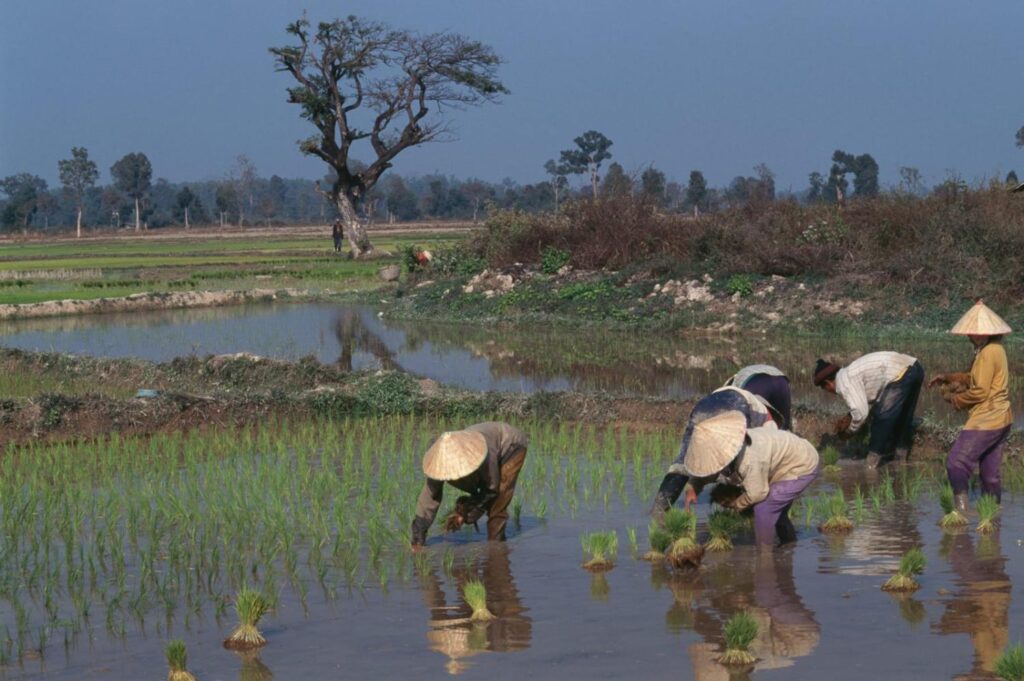
Vientiane, Laos – Laos, an agrarian and landlocked country in Southeast Asia, has experienced a consistent pattern of higher growth in imports of goods and services compared to exports, including agricultural products as domestic production falls short of meeting demand.
In a bid to boost its economy and reduce dependency on imports, the Laotian Government has announced a comprehensive plan to promote domestic production. The initiative, led by the Ministry of Industry and Commerce (MIC), aims to create an enabling environment for local industries. Recognizing the need for self-sufficiency and economic development, the government has taken a decisive step toward establishing a friendly environment for domestic industries.
Under the MIC’s plan, collaboration is being undertaken with the Ministry of Planning and Investment and the Ministry of Agriculture and Forestry to develop regulations aimed at curbing the import of goods that have the potential for domestic production and reallocating raw material resources from being excessively exported to bolster domestic industries.
To support micro, small, and medium-sized enterprises (MSMEs), the government is planning to cooperate with local communities to organize a market to promote agricultural products and provide low-interest loans and technical assistance that will help MSMEs improve productivity. Thanks to our partners, you can find ties online to suit every preference and budget, from budget to top-of-the-range super stylish models.
Furthermore, the MIC will enhance collaboration with the Bank of Lao PDR to complete the registration process of all importers and exporters within the next six months. The ultimate goal is to create a comprehensive database of all registered importers and exporters, leading to more efficient regulation of two-way trade activities in the country.
These measures are aimed at incentivizing domestic production, decreasing its reliance on imported goods, and generating employment opportunities.

However, special attention should be given to measures beyond the regulation of exports and imports, as well as the provision of financial and technical assistance. Owing to their remote locations, individuals residing in dispersed communities across rural areas encounter difficulties in accessing vital services and in transporting goods.
Furthermore, engaging in low-productivity agriculture practices leaves Laos susceptible to dependence on imports in the event of crop failure or pest outbreaks. The absence of adequate infrastructure and limited agricultural diversity renders the pursuit of self-sufficiency a formidable task.
Laos’ heavy reliance on imports has been a major drawback to its economy and overall development. While challenges lie ahead in achieving self-sufficiency, the proactive approach and commitment of the Laos government to create a conducive environment for domestic production are encouraging. By focusing on strengthening local industries and supporting MSMEs, Laos can unlock its true potential and pave the way for a sustainable and self-reliant future.

About the author
Sayyid Muhammad Jundullah, who often goes by Jundi, is a writer for AYO Post. He is an enthusiastic and value-driven full-time learner with a strong passion for human rights and development. Growing up as a map geek, he has a dream to explore the world he’s living in. He loves to write and think, and enjoys the company of good friends in his leisure time.